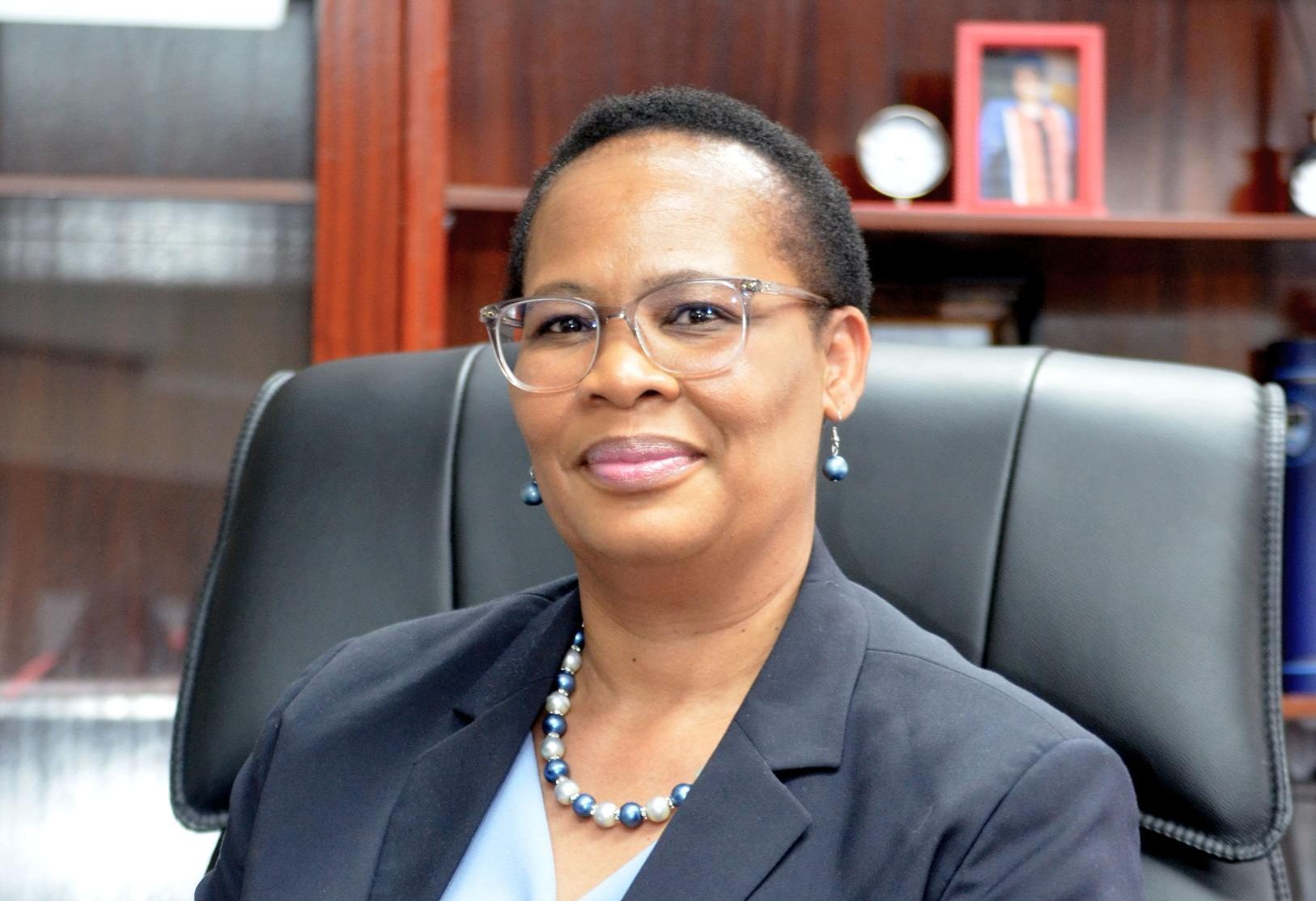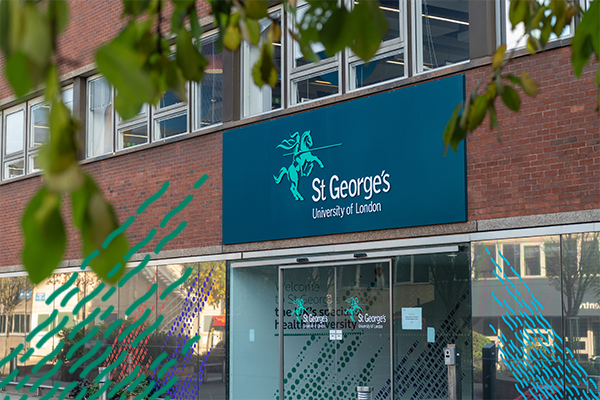Working in higher education overseas: not designed to make you comfortable
One travels to run away from routine. Hugh Martin, Registrar and Chief Administrative Officer at The British University in Dubai, reflects on his three years living in the Middle East, and shares advice on how to prepare and succeed.


“Must I not serve a long apprenticehood to foreign passages, and in the end, having my freedom, boast of nothing else but that I was a journeyman to grief?” – Henry Bolingbroke, Duke of Hereford, in Richard II, Act 1 Scene 3
Why work overseas?
Maybe now is not the time to blog about working overseas.
But the pandemic will eventually wear out. Job opportunities near and far will arise again. Some are already out there.
I’m now completing three years in my post at a university in the United Arab Emirates. This is a good time to pause and reflect, as well as give some thought to what it means to work in international higher education. This is a question I get asked quite often from colleagues in AHUA and elsewhere.
Swiss traveller, Ella Maillart, wrote in Parmi la jeunesse russe: ‘One travels to run away from routine, that dreadful routine that kills all imagination and all our capacity for enthusiasm.’
On the flip side, there’s a tart aphorism you may get when you move abroad for a job, especially in universities: “People who come here to work are either running towards something or running away from something.”
There’s truth in both statements.
It’s important to address the elephant in the room straight away: pay.
Anyone who tells you that foreign salaries and tax regimes didn’t come into the equation when they considered taking a position overseas is not being honest, with you or themselves.
On the other hand, pay almost always goes along with conditions. And there’s the rub.
Deciding whether to work overseas
Of course, what you earn, or might take home in your pocket each month, is a key factor.
But even before you engage a host of other less prosaic considerations (the culture, society, way of life), there are plenty of more immediate, quotidian factors to weigh up:
- Contract – is it fixed, variable, open-ended? Will you have any job security? Are certain benefits realisable only on completion of your contract, or a number of years?
- Relocation – what package is included?
- Cost of living – how expensive is it to live in your destination country?
- Travel – will return travel to your country of origin be covered? If so, how often? At the end of your contract? Annually? Business or economy (if this floats your boat)? Is travel for your partner, family, or dependents included?
From my own lived experience, here is a quick checklist. Some of these I did; many (with hindsight) I wish I had done:
- Contract – check your residency visa status. Find out about your rights. Try to discover if your contract is market equitable where you’re heading. Don’t assume there will be any trades union or other representation
- Relocation – check what you can and can’t take. You may be surprised at what is and isn’t allowed in some countries. If in doubt, err on the side of caution and don’t trust unofficial advice. (If you have pets, factor this in because it can get messy and expensive!)
- Cost of living – check the price of basic foodstuffs, utilities, rent, internet, insurance, car, fuel, and school fees if relevant. This may seem obvious but never assume. Extra bills like air conditioning or heating quickly mount up in hot and cold climates. For example, water, electricity and driving can be phenomenally more expensive than you’re used to
- Travel – be prepared to negotiate on airfare and tickets. These are relatively easy to work around
Advice for working overseas
A note on the practicalities: don’t be afraid to be direct.
Polite but very straightforward questioning will often be necessary, in a manner you may not be familiar with back home. You may need to ask a number of people, and ask more than once.
The HR director at the institution to which you’re going should be a source of useful, inside knowledge. If you know anyone who already lives there, definitely ask them. A national will have a very different perspective than a non-national resident. Both will be useful and both should be taken at face-value – as personal opinions.
You can never do too much research in advance. Believe me, you will be amazed at the significant impact of something as simple as unpredicted/able bills, or the speed and functionality (or lack thereof) of your internet connection.
Your possibly tax-free salary will get gobbled up soon enough or your home life will be uncomfortable – not something you need when you are grappling with the challenges of a new work environment.
(It goes without saying, if anyone reading this is contemplating a move to the Middle East, feel free to contact me for an open and honest view.)
Then there is the far more important business of the business itself: what job are you actually going to?
This is not as easy to bottom out as some of the earlier list. Unless you know someone who already works where you will be taking up your post, you won’t easily find the inside track. Sure, you can visit, and a final interview in-country will help somewhat.
But this is really where you need to take that proverbial leap in the dark.
Nothing will be quite as you expected.
On the other hand, sometimes it will be reassuringly familiar, even boringly so.
For example, if I ignore the 40 degrees celsius and the camels grazing in the sand outside my office window, I’m faced with many of the same issues and problems in running my university administration here as I was in the UK.
Advice for living overseas
Expect cultural unfamiliarities. Embrace them. No Baedecker or Lonely Planet can help.
It’s a truism but mostly, whatever your interests, you’ll find common ground in someone, somewhere, in your new home.
And that’s an important word: make it your home.
There’s nothing worse than the ex-pat crowd eating the same food, reading the same newspapers, and talking about the same things they did before they left wherever they came from.
Ex-pat should be a dirty word. This is where you work now. This is your home. You’ll be much more welcomed and engaged with by locals if you take that approach. You’ll also feel less removed.
A couple more clichés: eat the local food and try to learn the language. After three years, I’m still trying. It’s not for nothing that Arabic is considered the hardest after Mandarin for English speakers to learn!
Unless you’re a linguist, you’ll be surprised at your own lack of ability, and you’ll be chastened at how colleagues are working in second, third, and even fourth languages more fluently than you.
Higher education overseas
In the university context, accept that the higher education sectors in different countries are at different levels of maturity and experience; some more and some less than you may be used to.
With specific focus on Deputy Vice Chancellor, Chief Operating Officer, and Registrar roles, this means:
- Governance norms may be at odds with political and other pressures
- Stated hierarchies, policies, and processes may be more fluid than you’ve experienced
- Rigidities and unseen boundaries may exist that you may not have taken into account
- Staff recruitment, procurement, estate management, financial reporting, legal procedures: all may operate in different contexts
At times, these differences may be subtle, but your success will depend on your ability to navigate waters which are uncharted for you, but quite distinct to others.
In many ways, you will need the skills which make good embassy staff:
- Tact
- Diplomacy
- A width of understanding beyond what you left your home country with
- Willingness to appreciate and learn from your new territory, rather than dictate and impose
You are also ambassadors for the countries you left behind. Always. Whether you like it or not.
By the way, my title comes from the American intellectual, author and broadcaster, Clifton Fadiman: ‘remember that a foreign country is not designed to make you comfortable. It is designed to make its own people comfortable.’
Hugh Martin is the Registrar and Chief Administrative Officer at The British University in Dubai. He is AHUA’s first international member. If you would like to discuss a move to the Middle East, then you can send Hugh an email. You can also read about Hugh’s life in lockdown.
Related Blogs



